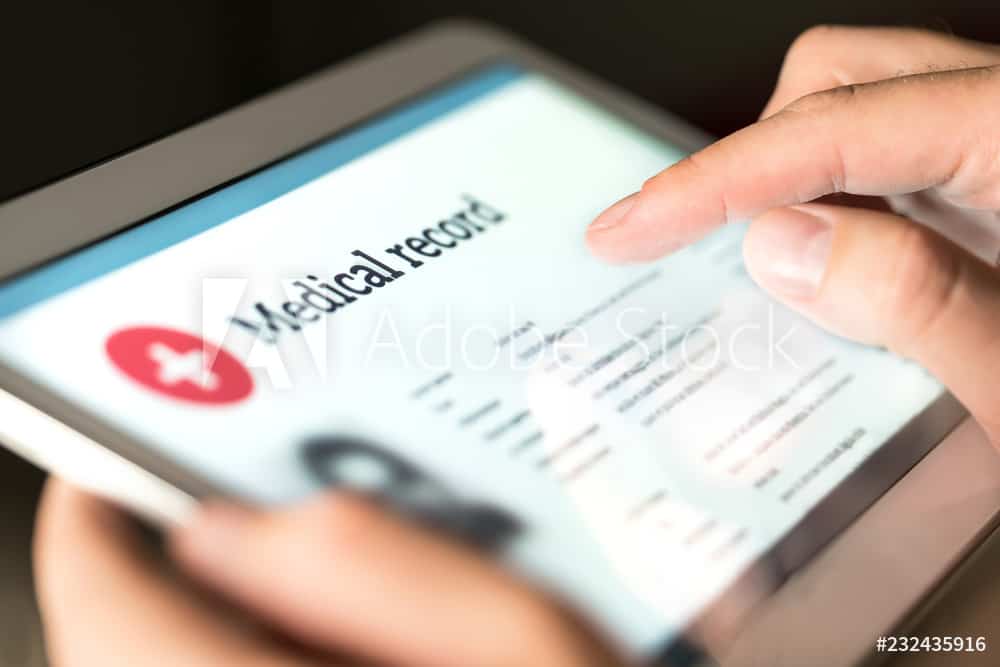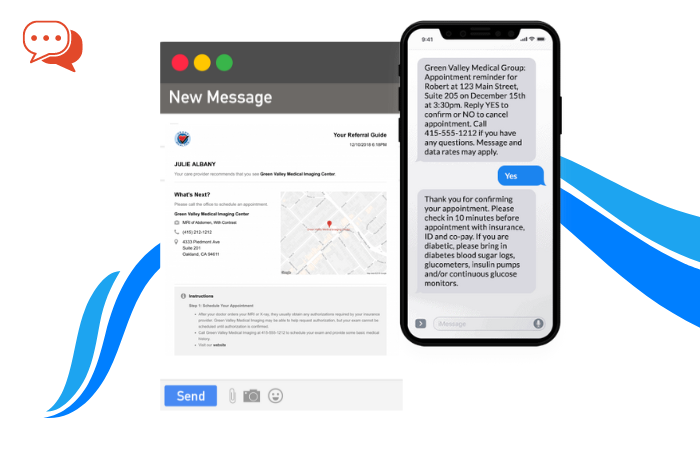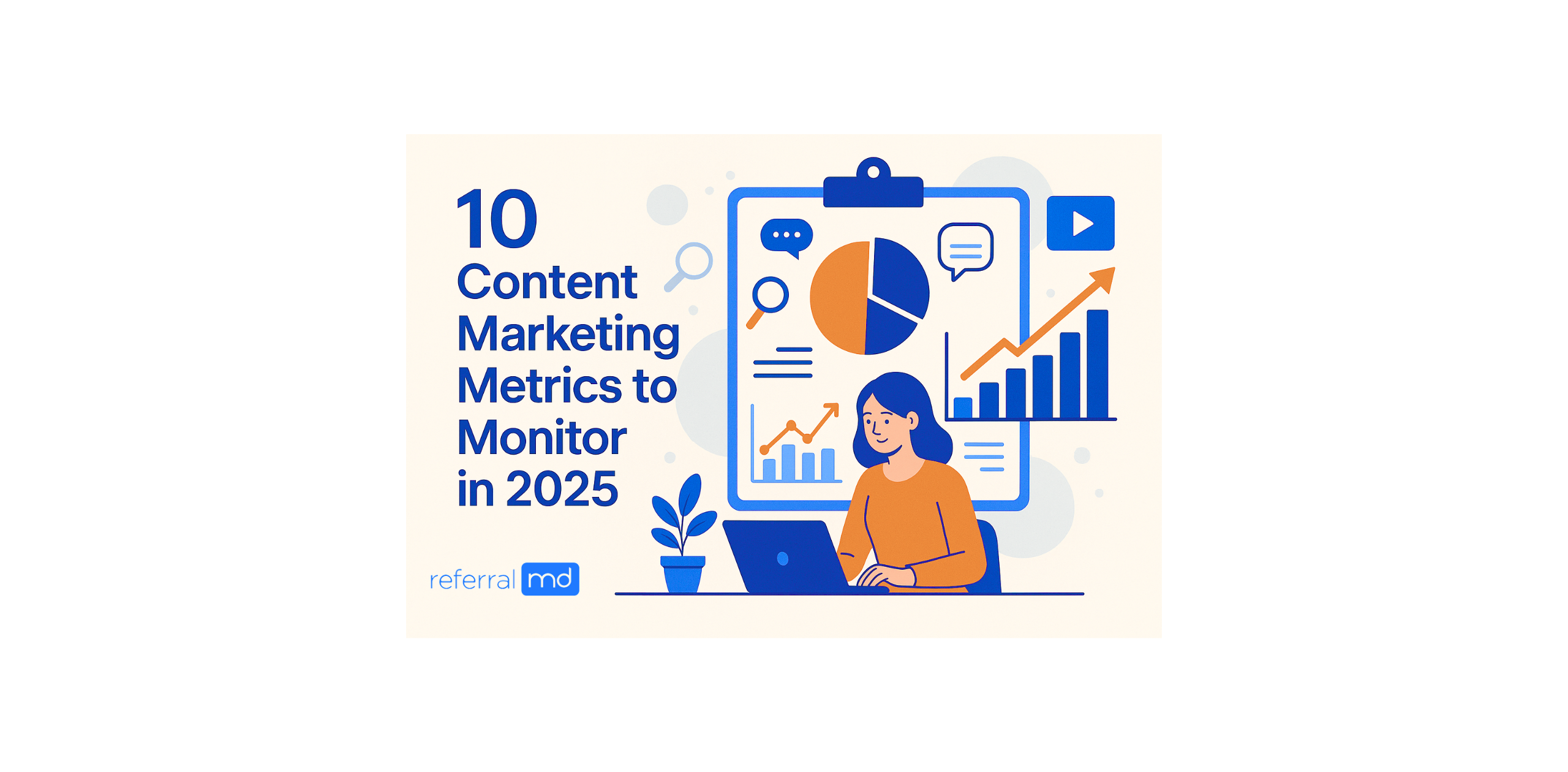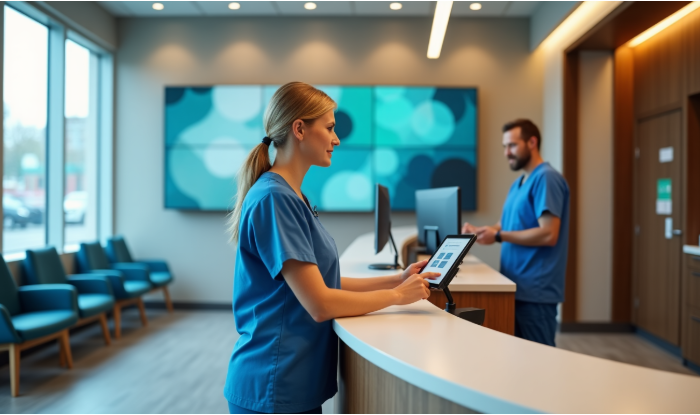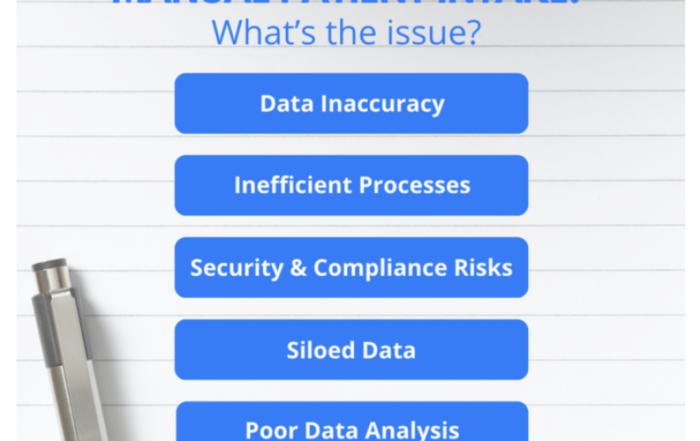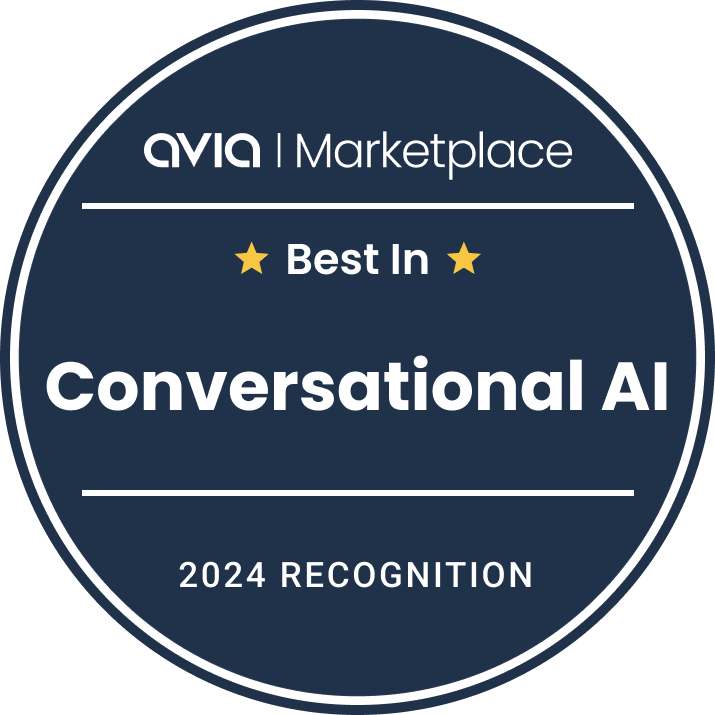Would you like to make your relationships with your patients and referrals simpler to manage and track? As a healthcare practice, your patients and those you work with are a top priority. Failure to understand these individuals and companies contribute to your continued growth can have unfortunate consequences.

Photo by on Pexels
Purpose of a CRM
When most practices start, they will use a rudimentary system for compiling all of this information. The problem here is that these systems lack efficiency and often aren’t meant for the type of growth healthcare companies expect. For healthcare offices, having an office manager is expected. You may even have a team of people working in this division. While they handle aspects of billing and coding, customer service is another huge part of the job. If you are looking for a way to improve your practice, you need a CRM for your medical practice. In this article, we explore what a CRM is, the benefits of having this system in place, and finally, why your healthcare practice needs one.
What is CRM System?
Are you unsure what CRM is or what it does? Most people either don’t know what it is or only know the basics. However, it is straightforward to understand. CRM stands for Customer Relationship Management. Would you be surprised to know that 22% of salespeople still have no clue what exactly CRM entails?
If you break CRM down to its simplest level, it means all the ways your practice handles your customers. Customers can be paying customers (patients) or people that you work with (suppliers). CRM has many features and is adaptable. The system is how you handle customer relationships, how you interact and store data and information. Most companies, including those in the healthcare field, will implement a CRM strategy to make their business more efficient and help customers have a better overall experience. In healthcare, a primary goal for CRM is to improve any interaction between the patient and the business while finding more practical ways to handle healthcare technology.
Healthcare CRM
How well is your healthcare IT solution working for your practice? If you answer not well or have no clue, now is the time to consider adding a customer relationship management system to your business. CRM can be applied to just about any part of your team, from the office staff to the marketing team. Organization and filing can be a massive problem, especially for those in the healthcare field. Finding an alternative way to improve how you store, find, and utilize your patient and customer files is crucial.
In 2017, the global healthcare CRM market was estimated at $7.27 billion. With innovations to the industry and almost every healthcare facility and medical building utilizing a system, that number is projected to jump. It is estimated that by 2026, healthcare CRM will reach an outstanding $28.89 billion. CRM won’t just be an optional part of operating your business; it will be the standard.
Finding the best fit
There are many tools online for CRM support and systems. It can be confusing as to which device or system is the best fit for your healthcare practice. Analyze the features and what you can expect and look at reviews to assess the ease at which you can implement the new system and how well it has worked for others. At the core, the CRM should allow you to generate detailed reports within a customizable dashboard. You should be able to conduct mailing campaigns while functioning on multiple platforms. The CRM should provide you and your office team to have complete customer management services. The CRM should change your office manager’s life along with your patients.
Features and Benefits of Healthcare CRM
Are you still unsure as to whether or not you need a CRM? 13% of companies in 2018 had prioritized adding a CRM system to their business. The fact of the matter is if you are serving the public, not having a CRM is a huge mistake. Being able to give your customers the best overall experience is what will keep them coming back. When was the last time you frequented an establishment that was cold, unwelcoming and didn’t have their stuff together? It is doubtful. With healthcare CRM, your staff and customers will find that every interaction is more pleasant, only due to better organization of information.
Patient Management
While your office may have the best of intentions when handling customers, there is a better way. For example, are you using excel to track your customer? Are you finding it difficult to locate information to identify the person? These are major concerns. Excel just doesn’t cut it anymore when wanting to give a patient or client a streamlined experience. Patient experience, communication, and engagement is a top priority for healthcare practices and providers. It is estimated that after five years in business, 65% of companies will adopt some form of CRM.
Aside from needing to access patient and customer information more efficiently, CRM is used for marketing purposes. Pull information about your patients and filter based on a critical trait such as age, or even medications they are taking is extremely useful for target marketing.
Enhanced Communication
One fantastic area where CRM works for the company is marketing. You want to deliver the best experience possible. The purpose of marketing is to reach others and deliver a message. When done correctly, companies see an uprising of customers. Conversely, if done wrong, the opposite. Marketing is all about customer relationships and how they view you, so marketing and CRM go hand in hand. You can use marketing to engage your CRM. You’ll find fantastic templates for improving customer experience with exceptional quality posters that can be used to enhance marketing solutions such as online videos.
Automatic reminders and email templates are two ways your company can improve communication with your customers. With automatic reminders, your resource department will never miss an opportunity. CRM’s can help your team implement the marketing strategies more effectively, including sending out flyers or postcards to patients and compiling data from surveys.
For your office manager, being able to access all customer information with ease ultimately improves the customer experience and helps to gain new customers.

Photo by on Pexels
Confidentiality
A huge concern for those in healthcare is confidentiality. In the US, strict HIPPA laws are in place to ensure patients’ information is protected. A CRM system can also keep you compliant and give your patients peace of mind that their data isn’t being traded or their emails are being sold to others for marketing purposes.
The CRM that you choose should fully integrate with your current database. If it doesn’t, that is cause for concern. It will not work correctly, but it could also jeopardize the confidentiality laws for the healthcare field.
Convenience
Having all documents in one place will make the whole office run smoothly. Healthcare technology has made it easier to store patient information. However, this has opened up a world of possible theft to hackers. It is more convenient for office managers to access patient information through an online database and share this information from one computer to another. Still, it needs to be done safely to prevent a loss of patient info and outside threats. It is estimated that 81 percent of CRM users are accessing information across multiple devices.
With a CRM system, you have the freedom to access everything you need from virtually any computer in the office, allowing sharing between your office staff members. The result? Everyone in the office can access patient information. This can include their records of payment, contact information, to what brought the person to the office. If each member of your office team can answer a question your customer may have by using a system, this will save time, saving your business money.
Referral Management
If your office isn’t handling the referral management systems, and it should, CRM is excellent for this. From managing your mailers to collecting and processing info to target different patient groups, CRM does it all. For example, the CRM should be able to email a unique group, such as patients between 25-40, to alert them of reduced rates for flu shots in your office. Another example is that if a patient provides you with a cell phone number, you can inform them of medication refills that are needed. These types of interactions are great for engaging with your customers.
Conclusion:
If your healthcare office doesn’t currently implement a CRM strategy, it’s time that you do. This effective method of managing your patient’s information is a must. Using customer relationship management systems in your office, you will find that the patient experience is improved significantly.
An integrated profile for each patient that allows for easy patient access from your office can help in every area, including marketing. Happy patients will spread the word of their experiences, which in turn gives your office more business.
Contact us to learn more about our referral management solution.

